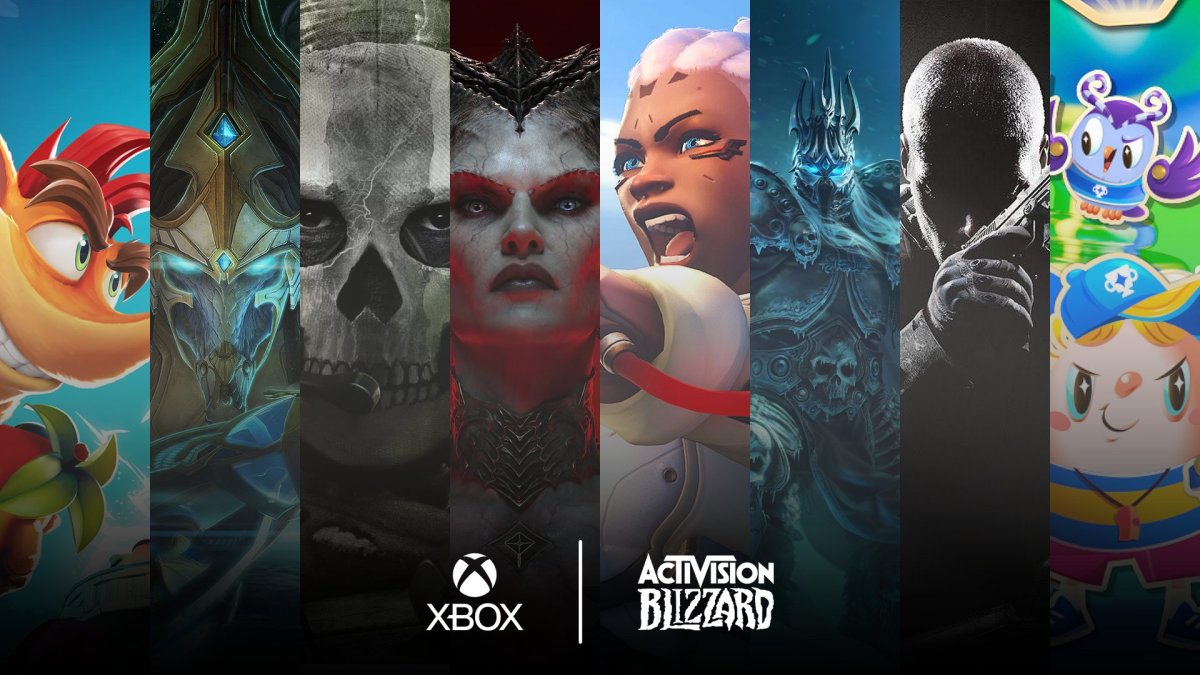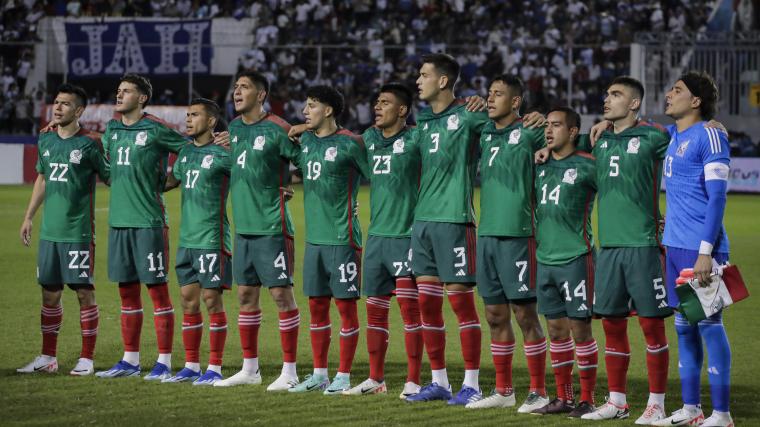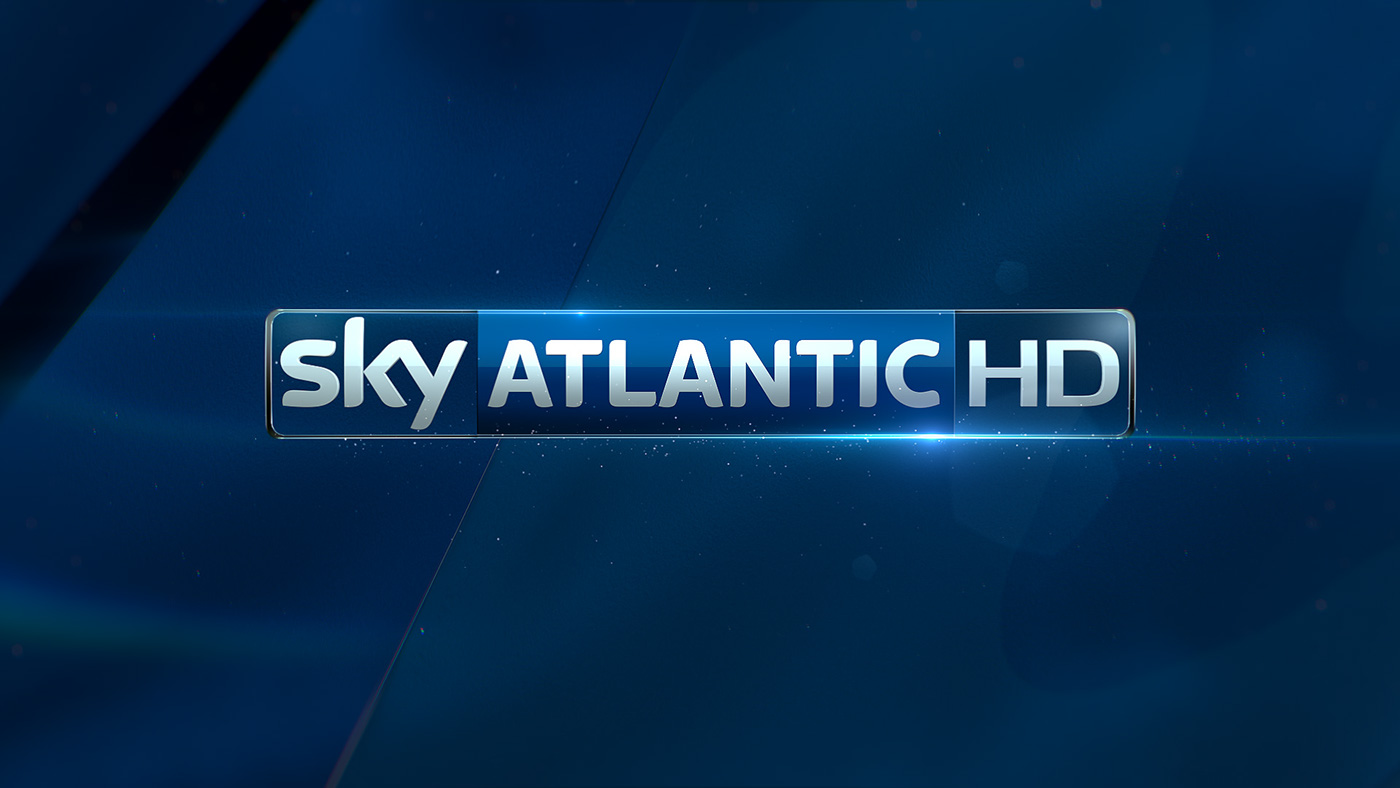FTC Appeals Activision Blizzard Acquisition: What's Next For Microsoft?

Table of Contents
The FTC's Arguments Against the Acquisition
The FTC's opposition to the Microsoft-Activision Blizzard merger centers on significant antitrust concerns. They argue the deal would substantially lessen competition within the video game market, particularly concerning console gaming, PC gaming, and the rapidly growing cloud gaming sector.
-
Antitrust Concerns and Market Dominance: The FTC believes the merger would grant Microsoft excessive market power, potentially leading to anti-competitive behavior. With control over popular franchises like Call of Duty, World of Warcraft, and Candy Crush, Microsoft could leverage its position to stifle competitors.
-
Call of Duty Exclusivity and Stifled Competition: A key argument revolves around the potential for Microsoft to make Activision Blizzard's flagship titles, most notably Call of Duty, exclusive to its Xbox ecosystem. This would significantly harm competitors like PlayStation and Nintendo, potentially driving players towards Xbox and damaging their market share. This exclusivity strategy raises serious concerns about the future of fair competition in the gaming market.
-
Impact on Consumers: The FTC emphasizes the negative consequences for consumers. Reduced competition could lead to higher prices for games, fewer choices, and a less innovative gaming environment. The potential loss of cross-platform gaming experiences is another significant concern highlighted by the FTC.
Microsoft's Defense and Proposed Solutions
Microsoft has vigorously defended its acquisition, arguing that it will ultimately benefit gamers and increase competition, not diminish it. They've proactively offered concessions to address the FTC's concerns.
-
Concessions and Remedies: A central part of Microsoft's defense involves offering long-term agreements to keep Call of Duty available on PlayStation. This commitment aims to demonstrate their intention to maintain fair competition and avoid exclusive practices. Other concessions might involve commitments to cloud gaming accessibility and interoperability.
-
Accelerating Cloud Gaming Innovation: Microsoft argues the merger will accelerate innovation in the cloud gaming space. By combining Microsoft's Azure cloud infrastructure with Activision Blizzard's game portfolio, they aim to deliver a broader and more accessible gaming experience to a wider audience.
-
Regulatory Compliance and Fair Competition: Microsoft stresses its commitment to complying with all relevant regulatory requirements and fostering a fair and competitive market. They are actively working with regulatory bodies to address their concerns and secure approval for the acquisition.
The Role of International Regulatory Bodies
The FTC's appeal isn't isolated. The acquisition faces scrutiny from other international regulatory bodies, including the European Union (EU) and the UK's Competition and Markets Authority (CMA). Their decisions will greatly influence the overall outcome.
-
EU and CMA Scrutiny: The EU and CMA have conducted their own in-depth investigations, raising similar concerns about competition and market dominance. Their decisions, which could differ from the FTC's, will significantly shape the future of the acquisition.
-
Global Regulatory Alignment: The global nature of the gaming industry makes international regulatory alignment crucial. Inconsistent rulings across different jurisdictions could create a fragmented and uncertain market environment for game developers and publishers.
Potential Outcomes and Implications for Microsoft
The FTC's appeal could result in several outcomes, each with significant implications for Microsoft and the broader gaming industry.
-
Lengthy Legal Battle: The appeal could trigger a protracted legal battle, potentially delaying or even preventing the acquisition altogether. This uncertainty would impact Microsoft's gaming strategy and investment plans.
-
Impact on Microsoft's Gaming Strategy: A loss for Microsoft could significantly alter its future plans within the gaming sector. They may need to reconsider their acquisition strategy and focus on alternative avenues for growth.
-
Precedent for Future Mergers: Regardless of the outcome, this case will set a significant precedent for future mergers and acquisitions in the gaming industry. Future deals will likely be scrutinized more intensely, leading to increased regulatory hurdles.
Conclusion
The FTC's appeal of the Activision Blizzard acquisition is a watershed moment for Microsoft and the future of the gaming industry. The outcome will significantly impact competition, innovation, and the gaming landscape. Understanding the complexities of the FTC's arguments, Microsoft's responses, and the role of international regulatory bodies is crucial. Stay informed on the latest developments in the FTC’s appeal of the Activision Blizzard acquisition to understand how this landmark case will reshape the future of gaming. Continue to follow the progress of this significant antitrust case to better understand its potential impact on the future of gaming mergers and acquisitions.

Featured Posts
-
 From Scatological Documents To Insightful Podcasts The Power Of Ai
May 23, 2025
From Scatological Documents To Insightful Podcasts The Power Of Ai
May 23, 2025 -
 Donde Ver La Final Concacaf Mexico Vs Panama
May 23, 2025
Donde Ver La Final Concacaf Mexico Vs Panama
May 23, 2025 -
 Luis Castro Attacks Ten Hag Over Ronaldo Situation
May 23, 2025
Luis Castro Attacks Ten Hag Over Ronaldo Situation
May 23, 2025 -
 Aleksandrova Vybivaet Samsonovu V Pervom Raunde Shtutgarta
May 23, 2025
Aleksandrova Vybivaet Samsonovu V Pervom Raunde Shtutgarta
May 23, 2025 -
 Succession Sky Atlantic Hd A Comprehensive Guide
May 23, 2025
Succession Sky Atlantic Hd A Comprehensive Guide
May 23, 2025
